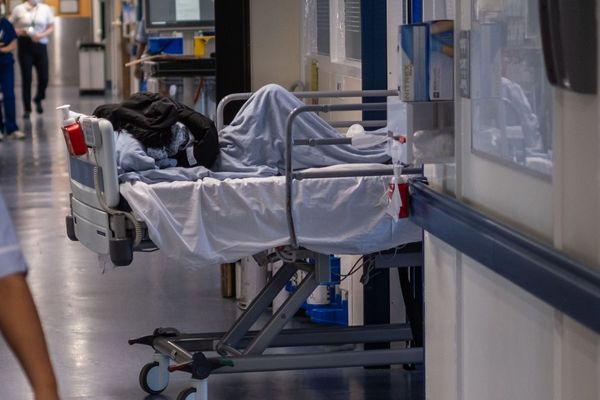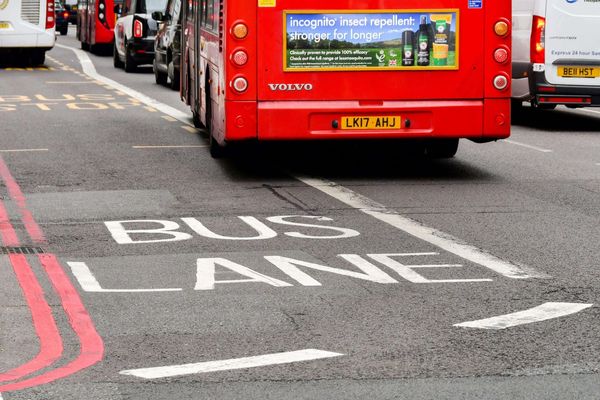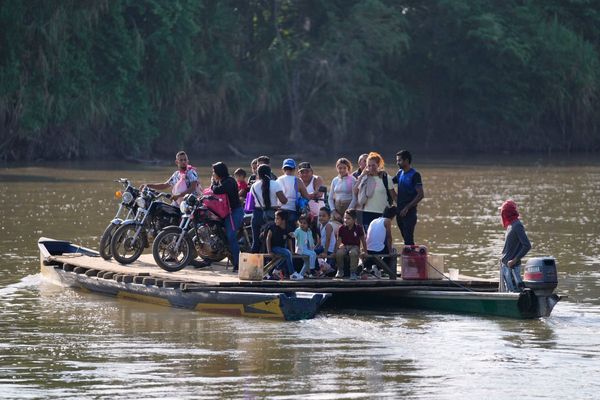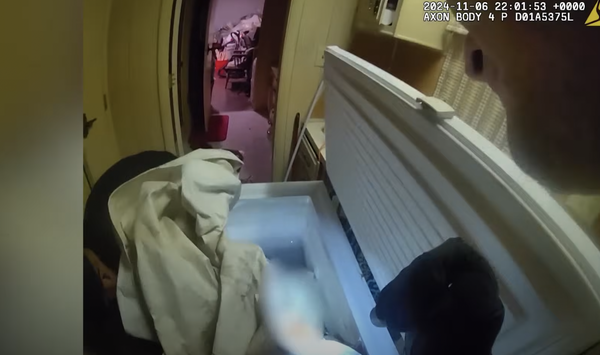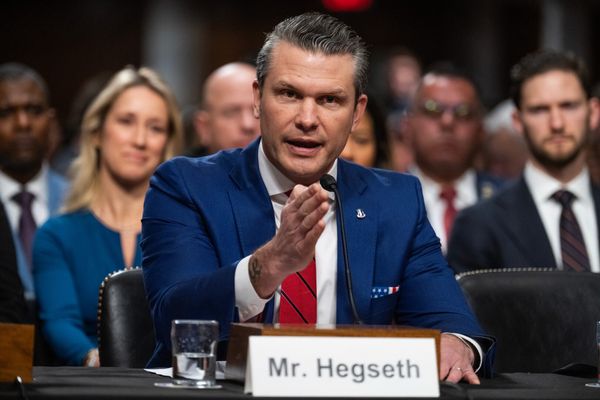
The effects of last week’s shooting in Wieambilla, Queensland, which resulted in the deaths of two police officers and a member of the public, will play out for years. The questions raised demand meticulous investigation and public answers.
Those investigations will probe police communications across borders, the history of the three killers shot dead by police — Gareth Train, his wife Stacey Train and brother Nathaniel — the stockpiling of arms on an isolated property, and how the trio managed to live in a tiny community while almost never being seen.
But the lure of conspiratorial theories, egged on by politics and social media in equal measure, should not be missed.
Gareth Train’s long history of paranoid posts and interaction with conspiracy websites has surfaced repeatedly in the past week, prompting questions about why people fall under the spell of conspiracies and how widespread they might be.
University of Queensland School of Political Science and International Studies professor Katharine Gelber says social media has changed how conspiracies now “manifest”.
Conspiracists used to take little bits of facts to construe something ostensibly meaningful that was implausible to most of us. But a modern conspiracy theory doesn’t rely on facts. “It relies on ‘I heard it’ or ‘I saw it on Facebook’. And that makes it more dangerous,” said Gelber.
Modern conspiracies are also “toxic to democracy”, she explains: “We know there are countries in the world that have factories of people whose entire job is to set up bots to spread disinformation, with the ultimate purpose of undermining democratic institutions.”
There is little data available on the speed at which conspiracy theories are growing, and whom they are enveloping. But experts believe Trumpism and the global pandemic — including vaccine mandates — have sown a fertile environment that has helped flourish a climate of decreasing trust and eroding democracy.
The end result is that our democratic institutions — courts, universities, electoral systems and the media — risk being undermined.
Professor Gelber says most Republican voters still believe the 2020 US federal election was “stolen”, despite evidence proving otherwise. The “fake news” phenomenon is another example of the media being undermined by “nothing other than an ideological belief”.
Despite popular opinion, those lured in by conspiracy theories fit all education levels and professions.
Psychologist Carly Dober has had a long interest in those who latch on to conspiracies, and says research suggests they attract people with low trust in others, and those who need to feel special, who believe the world is inherently dangerous, and who see patterns and trends where there are none.
Three key psychological motivations for conspiratorial thinking often exist: epistemic motivations, where a person desires knowledge and needs to feel safe and have agency over their life; social motivations, where they want to feel good about themselves and feel part of something superior; and existential motivations, where they need to understand why things were occurring.
Both Dober and Gelber point a finger at the “baseless claims” often parroted by mainstream politicians as fuelling an environment where conspiracy theories can take hold.
Politicians routinely lie, or say one thing while doing another. Consider the detention and deportation of Novak Djokovic in January this year for flaunting Australia’s vaccine laws, which occurred while some in the Coalition’s own ranks eschewed vaccine mandates. Or how the Morrison government touted an anti-trolling bill as a win for free speech while also wanting to make it easier to bring defamation cases against those who spoke out.
Dober says that in addition to reining in political lies and regulating social media, media literacy needed to be given a greater focus in education from as early as primary school. That would build skills in spotting incorrect information, weighing up the evidence presented by different people, and understanding how to verify sources.
That might decrease the vulnerability of those attracted to wayward conspiracies, as well as provide at least one positive legacy from a tragedy that has troubled us all.

